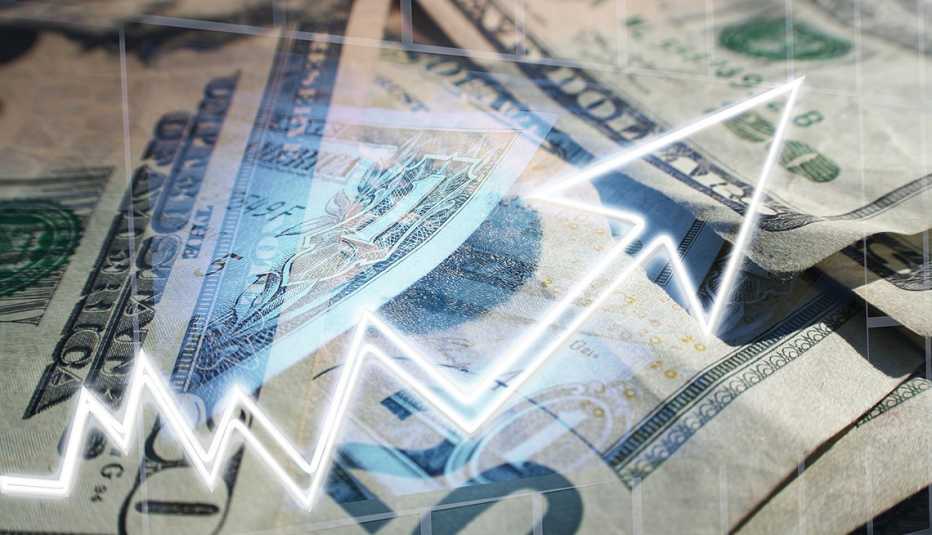As the clock ticks over to the new year, workers in various sectors can anticipate a positive change in their paychecks, as the minimum wage is set to see a significant increase to $14 on January 1. This move, reflecting ongoing efforts to address income inequality and enhance the standard of living for low-wage workers, comes amidst discussions on broader economic implications and its potential impact on businesses and the workforce.

Photo from: AARP
Implementing a Wage Hike and Making Smaller Changes
The Hawaiʻi State Department of Labor and Industrial Relations (DLIR) announced that on January 1, 2024, the minimum wage in Hawaii will rise significantly to $14 per hour. This change complies with Act 114, Session Laws of Hawaii (2022), which describes a progressive increase in the minimum wage that will see it reach $16 by January 1, 2026, and $18 by January 1, 2028.
In addition to the base wage increase, the tip credit for employees receiving gratuities will also change.
Effective January 1, 2024, tipped employees may be paid $1.25 below the minimum wage, and this gap will increase to $1.50 below the minimum wage by January 1, 2028. Employers can apply for the tip credit, ensuring that the combined amount the employee receives, both from the employer and in tips, is at least $7.00 more than the prevailing minimum wage.
READ ALSO: North Carolina Housing Finance Agency Reported $2.7 Million Worth Of Theft From Taxpayers’ Money
Maintaining Employee Well-Being with Gradual Salary Adjustments
The minimum wage increases are intended to protect workers’ health, productivity, and overall well-being, according to DLIR Director Jade T. Butay.
These changes serve as a safeguard against excessively low pay and are in line with the overarching objective of upholding equitable compensation standards. Hawaii’s employers must be aware of these modifications to abide by the state’s changing wage laws
READ ALSO: Year-End Stimulus: Unveiling The December Payments Set To Roll Out In The Final Week























